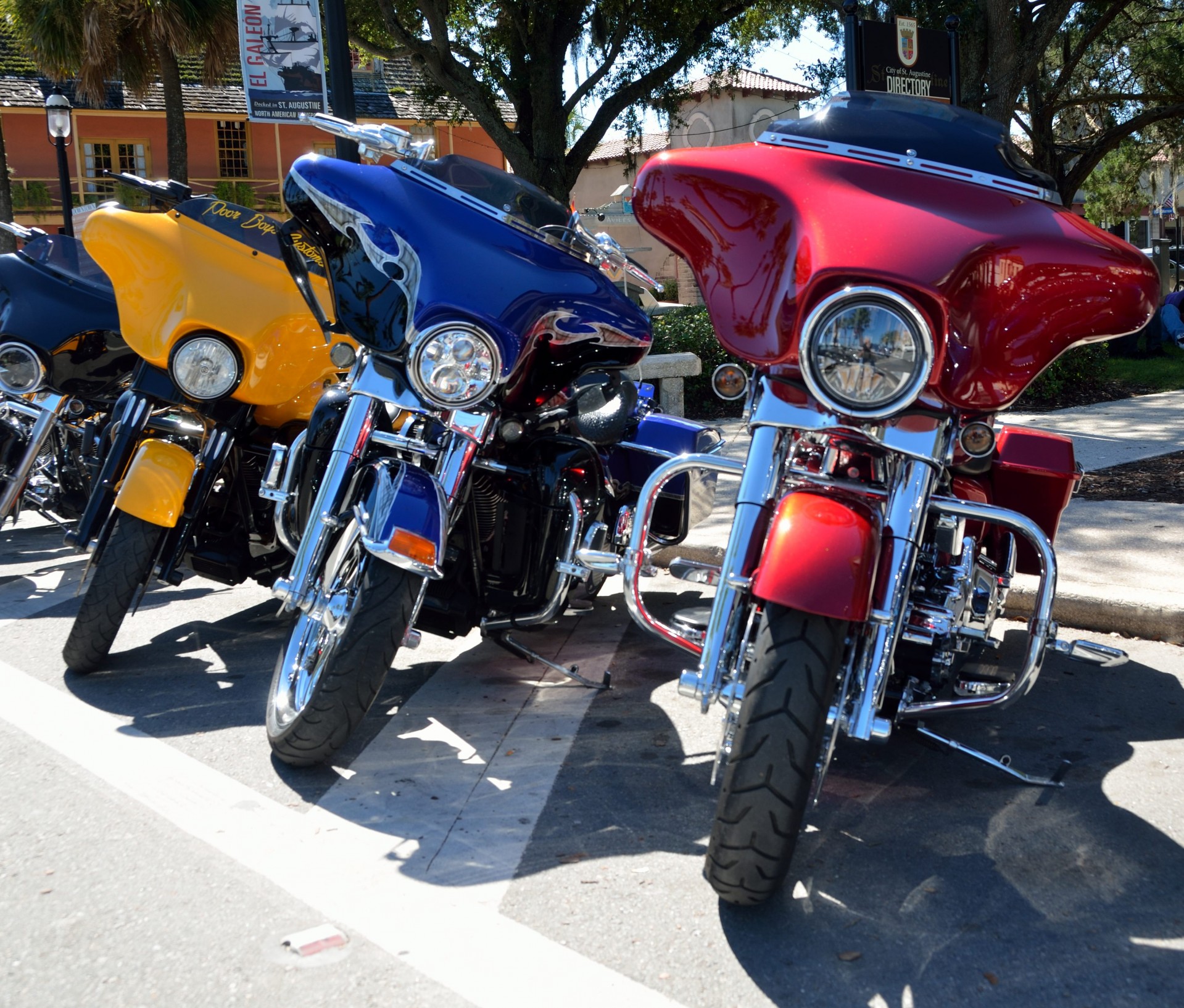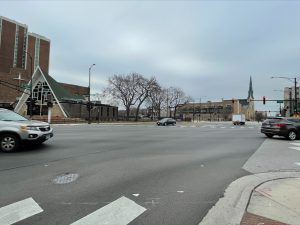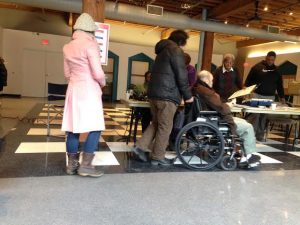 George Tinkham has been a motorcycle enthusiast for more than 30 years. Last month, the Springfield native rode into the General Assembly to urge lawmakers to continue funding education and training programs aimed at motorcycle safety.
George Tinkham has been a motorcycle enthusiast for more than 30 years. Last month, the Springfield native rode into the General Assembly to urge lawmakers to continue funding education and training programs aimed at motorcycle safety.
The state’s Cycle Rider Safety Training Act allocates money for programs and courses teaching riders how to properly use and operate their vehicles, which includes motorcycles, mopeds and other motorized cycles. The Illinois Department of Transportation issues contracts to such “training centers,” which includes designated colleges, universities or community agencies.
A special fund established by the law, based on vehicle registration fees collected from motorcyclists, pays for those centers. Money from the fund, however, has been siphoned off for other state purposes since the act’s passage.
The Cycle Rider Safety Training Act took effect in 1982 but was amended by the legislature a decade later.
The original law mandated that its special fund (called the Cycle Rider Safety Training Fund) be used only for training centers and nothing else. The fund ended up accumulating a surplus, resulting in the legislature amending the law in 1992, allowing that money to be transferred to the state’s General Revenue Fund.
Tinkham, who’s also a lawyer, sued the state in 2003 and 2004 when the state moved about $1.2 million from the fund and used it for general spending. Tinkham, who began farming after he retired from his law practice, said he supports the state using money from special funds in certain cases, however, adding “But I will stay away from funds were human lives are at risk.”
The fund has been tied up in the state’s budget crisis related to gridlock in the General Assembly. The crisis eased somewhat when Gov. Bruce Rauner signed legislation Monday releasing $600 million in emergency funding to public community colleges and universities.
The fund became a target again for general spending prior to the governor and Democratic legislature agreeing to the emergency stopgap last week. All special funds, in fact, were under threat from lawmakers scrambling to find money to pay the state’s bills.

Legislation sponsored by Sen. Matt Murphy (R-Palatine) would eliminate a requirement that money borrowed from special funds be paid back in 18 months. If there are funds with surplus money above and beyond their specific proposes, the state should be able to put the money to good use, Murphy told ChicagoTalks.
“I don’t like that concept, but in a difficult situation like this, I’m for it,” he said.
With respect to special funds, the General Assembly has no legal obligation to protect them, based on a 2011 decision by the Illinois Supreme Court, noted Tinkham, who’s president of Vintage Iron Riders, an antique motorcycle riding group in Springfield, and legislative coordinator/founder of A Brotherhood Aimed Toward Education, an advocacy organization for motorcycle safety and protecting the rights of motorcyclists.
“The Supreme Court has spoken,” he said. “We might not like the decision, but it is a decision.”












Be First to Comment